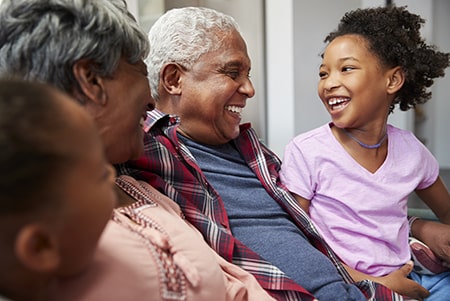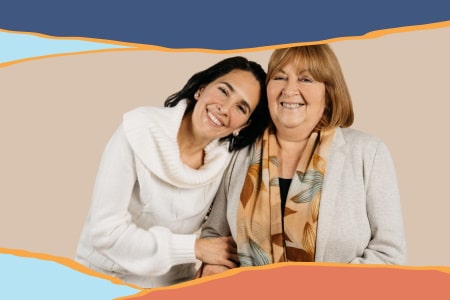Home & Community Based Services
Resources
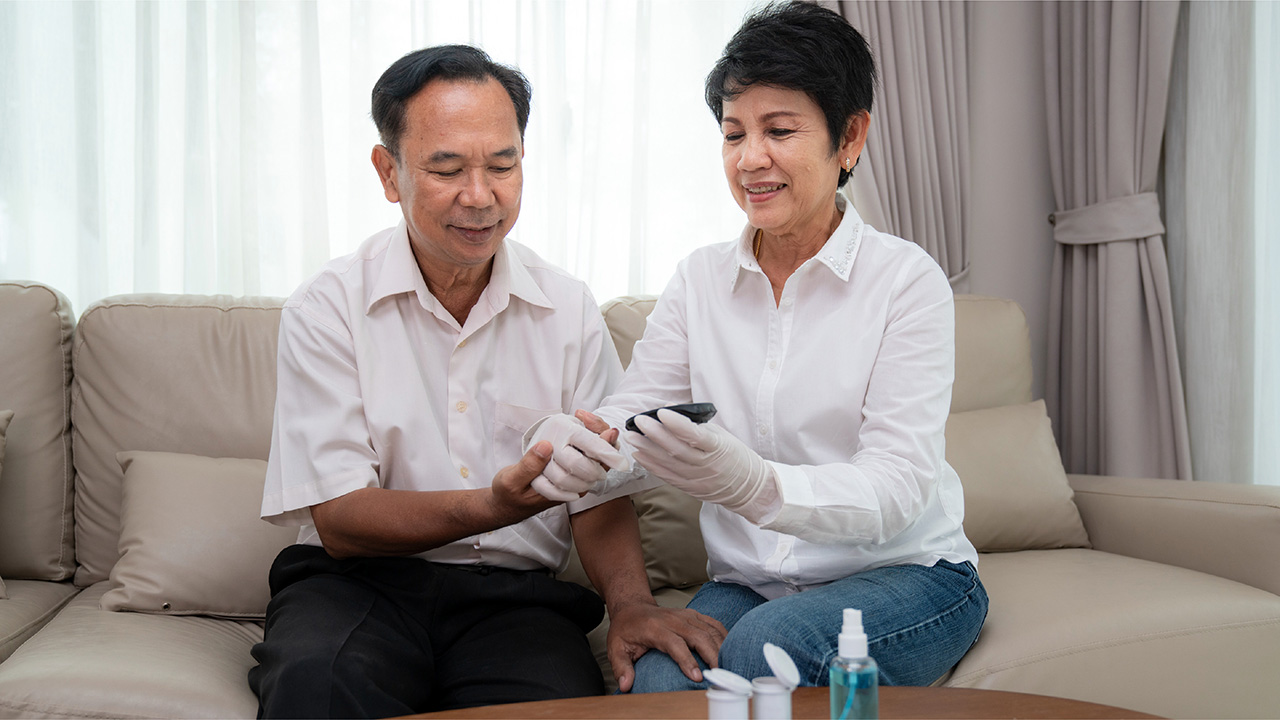
Diabetes and Hypertension as Risk Factors for Kidney Disease in Older Adults
For older adults, the risk for kidney disease especially critical as studies show that diabetes can increase with age due to factors such as obesity, decreased activity, hypertension and insulin resistance. Because of medical advances in the treatment of diabetes, patients with the disease are living longer, thus leading to more diabetes-related complications, such as kidney disease.
Read More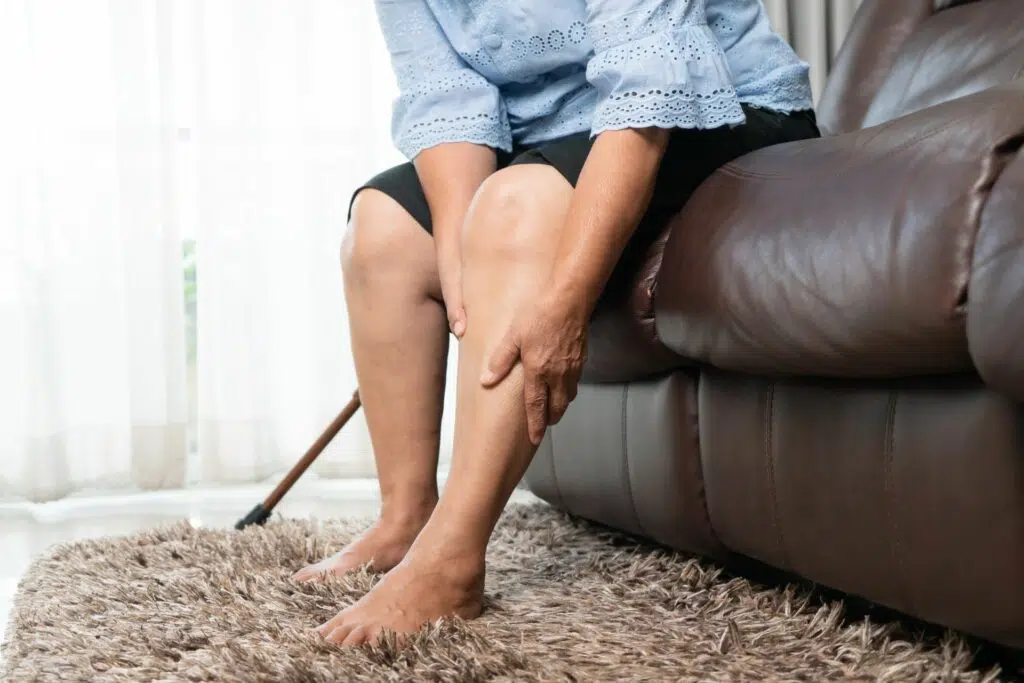
Quieting Restless Leg Syndrome: Caregiver Tips
Restless Leg Syndrome is usually diagnosed in people over the age of 50, and it affects an estimated 10 percent of older adults. Many with the condition view their restless legs as nothing more than an annoyance, and neglect to tell their doctor about their discomfort and let it go untreated. For others, the condition may disappear for a time for no apparent reason only to recur a few months later. If we are a caregiver of a loved one with RLS, knowing more about the disorder can help us understand what they are going through and explore different ways to help them find relief.
Read More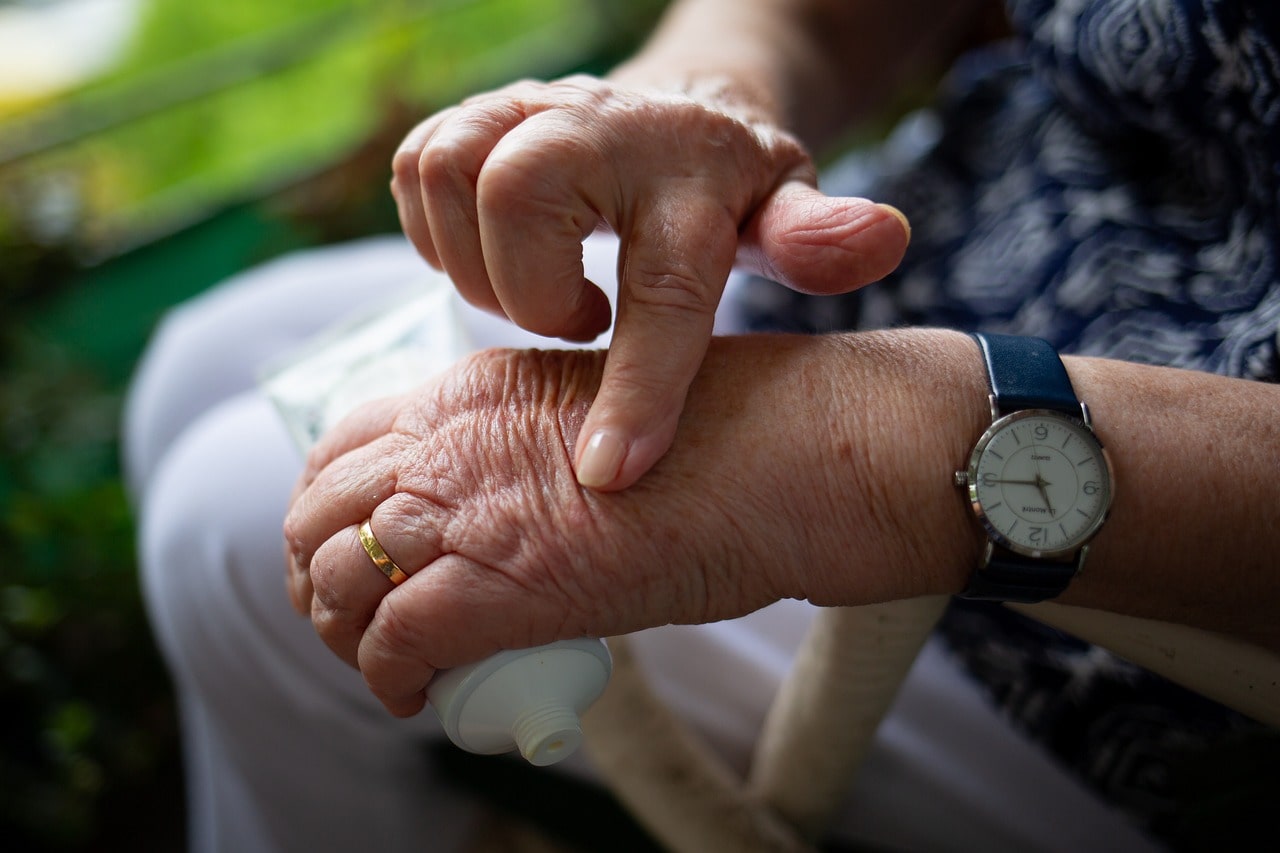
Living Well with Arthritis
According to the Arthritis Foundation, about 54 million adults have been diagnosed with arthritis. The first signs of arthritis usually begin around age 40 and progress slowly. Women over 50 are more likely to suffer from arthritis symptoms than men. Even dogs, cats and other animals can suffer from the pain of arthritis. Although there is no cure for this disease, there are a variety of techniques and remedies we can use to manage a loved one’s pain and help them maintain an active lifestyle.
Read More
Delirium with UTIs in Older Adults
Have you noticed a change in the behavior of an older adult you care for? Perhaps this change has taken place over the span of several days, and includes symptoms such as confusion, restlessness, hallucinations or social withdrawal? Before we jump to the conclusion that a loved one has the beginnings of dementia, we should have a physical exam performed by a physician. They instead might be suffering from delirium brought on by a urinary tract infection (UTI).
Read More
Sexually Transmitted Diseases in Older Adults
It may strike some as surprising, but the rates of sexually transmitted disease (STD) in older adults are rising. Older people who are sexually active may be at risk for diseases such as syphilis, gonorrhea, chlamydial infection, genital herpes, hepatitis B, genital warts and trichomoniasis.
Read More
